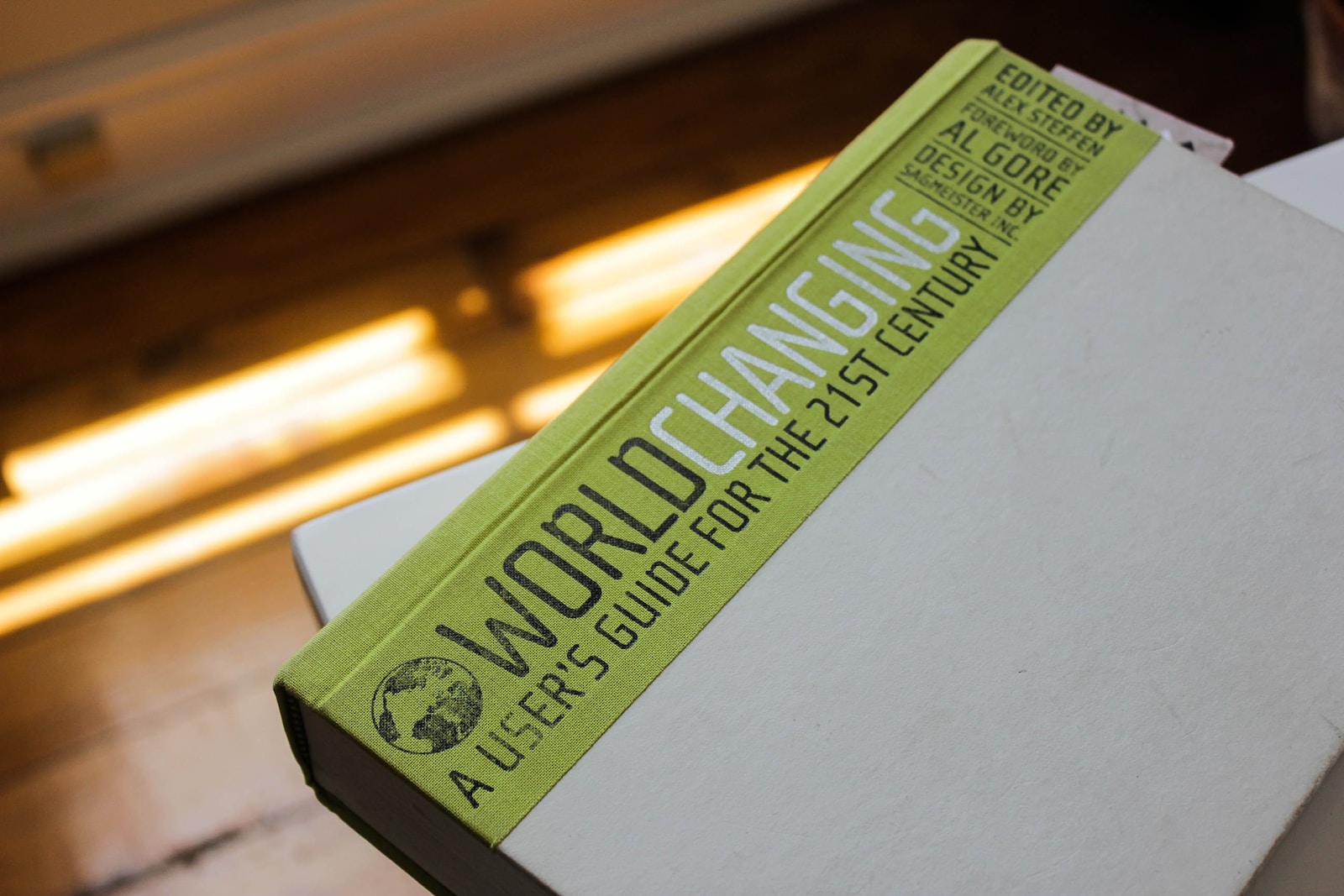Wealth accumulation is a topic of great interest and importance in our society. As individuals strive to build their financial security, it is essential to consider the morality of the methods used to accumulate wealth. This comprehensive guide aims to provide you with a detailed understanding of how to evaluate the morality of wealth accumulation methods. We will explore different ethical frameworks, consider various wealth accumulation strategies, and examine the potential moral implications of each approach.
Understanding Ethical Frameworks
To evaluate the morality of wealth accumulation methods, it is crucial to have a foundation in ethical frameworks. Ethical frameworks provide guidelines for determining what is morally right or wrong. Here are a few common ethical frameworks that can be applied to wealth accumulation:
- Utilitarianism: This framework focuses on maximizing overall happiness or utility for the greatest number of people. When evaluating wealth accumulation methods from a utilitarian perspective, the goal is to assess whether a particular method benefits society as a whole.
- Deontology: Deontological ethics emphasizes the importance of adhering to moral duties and principles. When applying this framework to wealth accumulation, the focus is on whether a method violates any moral principles, such as honesty, fairness, or respect for others.
- Virtue Ethics: Virtue ethics centers around the development of moral character and the cultivation of virtues such as honesty, integrity, and empathy. When assessing wealth accumulation methods through this lens, the focus is on whether the methods align with virtuous traits.
- Social Contract Theory: Social contract theory suggests that moral principles are based on a hypothetical agreement among members of society. When considering wealth accumulation methods from a social contract perspective, the focus is on whether the methods are in line with the mutually agreed-upon rules and norms of society.
Evaluating Wealth Accumulation Methods
Now that we have explored the ethical frameworks, let’s examine some commonwealth accumulation methods and evaluate their moral implications:
- Employment and Salary: Many individuals accumulate wealth through traditional employment and a steady salary. From an ethical standpoint, this method can be considered morally acceptable as long as the employment is lawful and fair and does not exploit others. However, it is important to consider issues such as income inequality and fair wages within the broader context of employment practices.
- Entrepreneurship and Business Ownership: Starting a business and accumulating wealth through entrepreneurial endeavors can be morally acceptable if the business operates ethically and contributes positively to society. However, ethical concerns may arise if the business engages in exploitative practices, environmental harm, or unethical labor conditions. Entrepreneurs have a responsibility to consider the impact of their actions on various stakeholders, including employees, customers, and the community.
- Investments and Financial Markets: Investing in stocks, bonds, and other financial instruments is a commonwealth accumulation strategy. From an ethical perspective, it is important to consider the social and environmental impact of the companies in which you invest. Avoiding investments in industries that cause harm, such as tobacco or weapons, can be a morally responsible approach. Additionally, engaging in socially responsible investing, which focuses on supporting companies that prioritize sustainability and social good, can align wealth accumulation with ethical principles.
- Inheritance and Wealth Transfer: Inherited wealth raises moral questions related to fairness and equality. While inheriting wealth itself may not be considered morally wrong, it is essential to consider whether the inheritance perpetuates societal inequalities or if the inherited wealth is used for philanthropic purposes. Inherited wealth can be used responsibly by supporting charitable causes, investing in socially responsible enterprises, or actively working towards reducing inequality.
- Exploitative Practices: Some wealth accumulation methods involve exploiting others or taking advantage of vulnerable individuals or communities. These methods, such as fraud, corruption, or predatory lending, are widely considered morally wrong and should be avoided. Engaging in exploitative practices not only harms individuals directly affected but also erodes trust within society and undermines the principles of fairness and justice.

Balancing Personal and Societal Interests
When evaluating the morality of wealth accumulation methods, it is important to strike a balance between personal interests and the well-being of society. Here are a few factors to consider:
- Wealth Redistribution: Assess whether the method contributes to wealth redistribution, reducing socioeconomic inequalities, and promoting a more equitable society. This can be achieved through philanthropy, supporting social programs, or advocating for policies that address wealth disparities.
- Environmental Impact: Consider the environmental consequences of the wealth accumulation method. Sustainable practices and investments that prioritize environmental stewardship are generally considered more morally responsible. Minimizing ecological harm and supporting initiatives that promote environmental sustainability can align wealth accumulation with ethical principles.
- Philanthropy and Giving Back: Evaluate whether the method includes a commitment to philanthropy and giving back to society. Using wealth for charitable purposes can offset any moral concerns associated with the accumulation of wealth. Philanthropy can support causes such as education, healthcare, poverty alleviation, and environmental conservation, contributing to the betterment of society as a whole.
- Transparency and Accountability: Assess whether the wealth accumulation method involves transparency and accountability. Openly disclosing sources of wealth and being accountable for the impact of one’s actions can help maintain trust and ensure ethical behavior.
Conclusion
Evaluating the morality of wealth accumulation methods requires a thoughtful examination of ethical frameworks, personal values, and the potential impact on individuals and society. By considering factors such as fairness, social responsibility, environmental impact, and philanthropy, individuals can make informed decisions about their wealth accumulation strategies. It is essential to strike a balance between personal financial goals and the well-being of others, ensuring that wealth accumulation aligns with ethical principles and contributes positively to society.

































